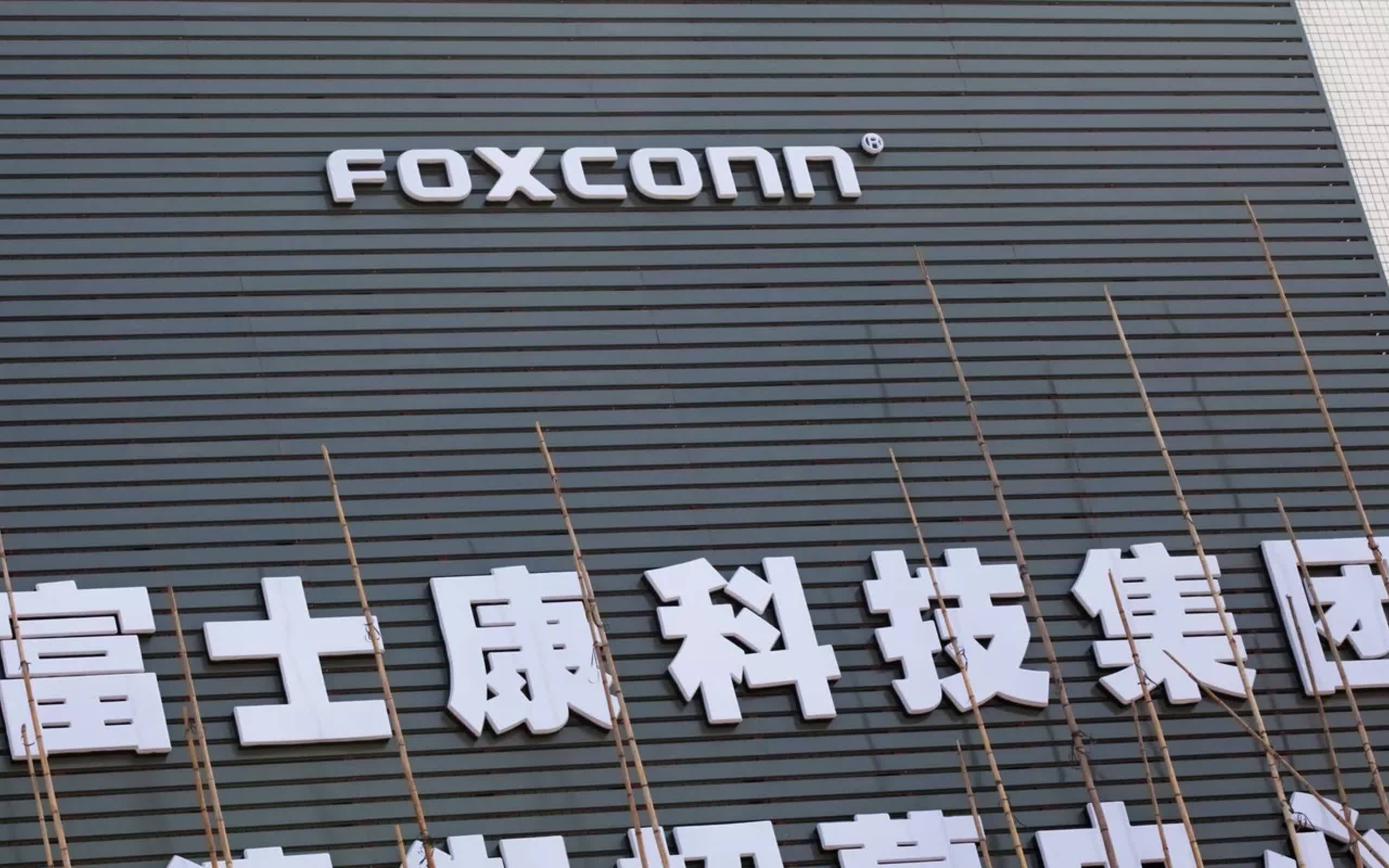Forward-looking: When people hear the name Foxconn, they often think of factories in mainland China producing US-designed iPhones. However, as tensions between the two countries become increasingly volatile, the company is plotting a course to manufacture electric vehicles in facilities outside China.
Foxconn chairman and CEO Young Liu recently detailed the company's plans to expand its electric vehicle business. The market could be an escape hatch for the iPhone manufacturer if rising US-China tensions threaten its current primary revenue stream.
The company has only made a few EV models but wants to capture around five percent of the global market over the next few years. It plans to produce EVs using US, Thailand, Indonesia, and possibly India factories.
Foxconn is primarily known for its plants in China that assemble iPhones. Headquartered in Taiwan, the company depends on China for its workforce, and its most important client is an American tech giant. However, geopolitical currents could endanger this delicate balance.
China sees Taiwan as a rogue province, while the US wants to preserve the island's self-governance. Many worry that disagreements between the two superpowers could turn violent. The world's leading manufacturer of the transistors that power most computers, TSMC, is similarly caught between US tech companies and Chinese manufacturing capacity.
In an extensive interview with the BBC, Liu said EVs are a reasonable prospect of expansion for Foxconn because they have some fundamental similarities with smartphones. The company is trying to transfer its expertise with electronic iPhone parts toward the batteries and motors that power EVs instead. Liu also referred to an EV's dashboard panel as essentially a big iPhone.
Liu commented on last year's controversy erupting from Foxconn workers desperately attempting to escape Covid lockdowns. The company denied reports that eight people died amidst the disruption at the factory, which significantly affected the supply of iPhone 14 Pros.
At the time, Foxconn replaced the workers who left and tried to appease some with pay bonuses. However, Liu said he would stop production if a similar situation emerged in the future, even if it risked damaging relations with Apple.
